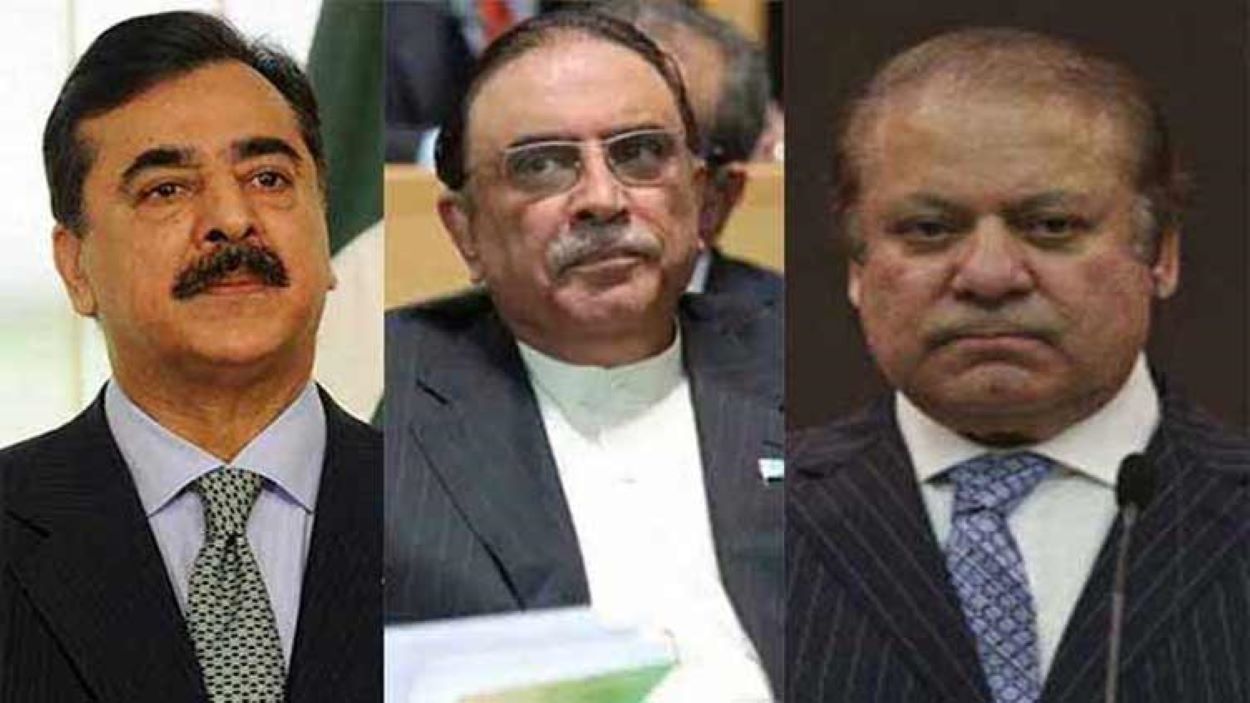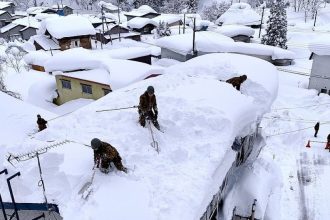In a significant turn of events, the Supreme Court reversed amendments made to the National Accountability Ordinance (NAO) of 1999 by the previous coalition government, declaring them contrary to public interest rights stipulated in the Constitution. The ruling, delivered by a three-member bench led by the outgoing Chief Justice Umar Bandia with a majority of 2-1, is expected to revive approximately 2,000 graft cases at various stages of the judicial process. These amendments had previously been challenged by former Prime Minister Imran Khan.
A substantial number of the restored cases involve high-profile figures including former president Asif Ali Zardari and six former prime ministers. Notably, cases pertaining to Toshakhana references against Zardari, Nawaz Sharif, and Yousuf Raza Gillani will be reopened. Additionally, LNG references against Shahid Khaqan Abbasi and rental power references against Raja Pervez Ashraf are set to be reinstated. According to sources, the restoration includes 755 inquiry stage cases and 292 investigation stage cases, encompassing various degrees of financial implications and accusations ranging from fraud to assets beyond known sources of income.
NAB Preparing for Restored Cases
In the aftermath of the Supreme Court’s verdict, the National Accountability Bureau (NAB) has initiated the process of data compilation for the restored cases, to be presented to the chairman post-compilation. Currently, the NAB’s prosecution branch is operating without a head following the resignation of Justice (retired) Syed Asghar Haider as prosecutor general accountability, with no successor named till date. This situation might pose a challenge in swiftly handling the reopened cases.
Meanwhile, the NAB is also addressing ongoing inquiries, including one involving Caretaker Prime Minister Anwaar ul Haq Kakar. A few months prior, the NAB Balochistan recommended the closure of an inquiry against Kakar due to insufficient evidence, awaiting formal approval from the NAB headquarters. The NAB is poised to continue its functions amidst these developments, with a keen eye on the forthcoming detailed judgment from the Supreme Court.






